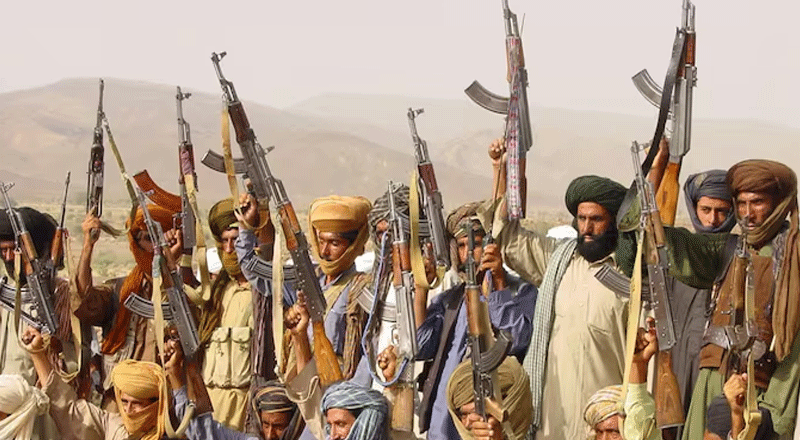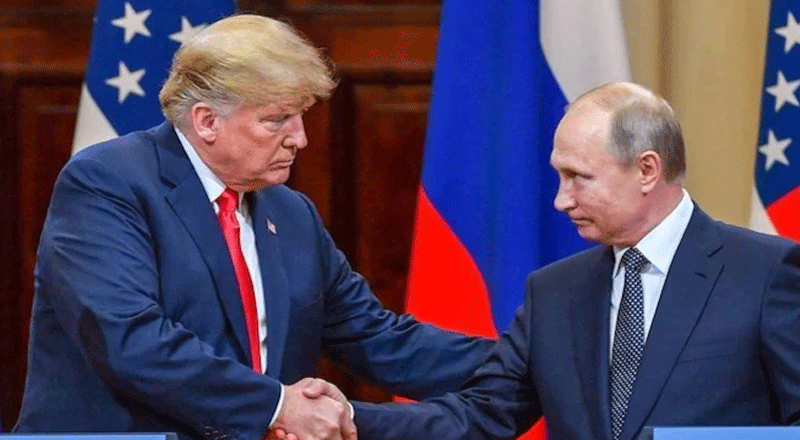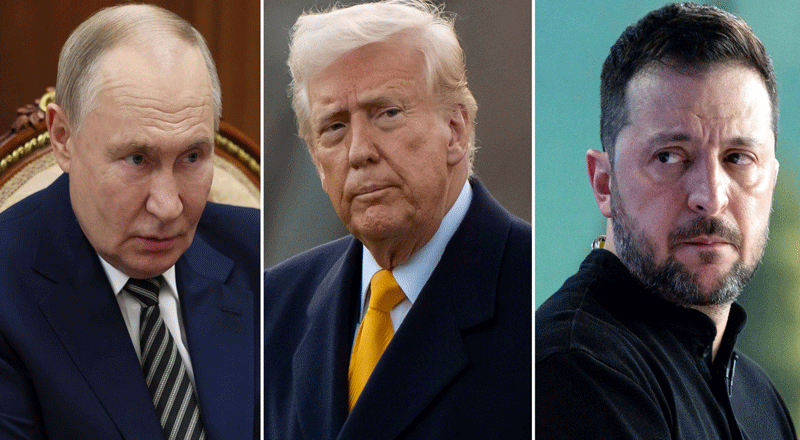The Bangladesh government, led by Prime Minister Sheikh Hasina, imposed a nationwide curfew and deployed military forces after violent protests over the government job quota system escalated. The unrest reached a critical point on Friday when protesters stormed a jail in Narsingdi, freeing hundreds of inmates and setting the facility ablaze.
Official Announcement and Response
Obaidul Quader, the general secretary of the ruling Awami League party, announced the curfew and the deployment of the military. This decision followed deadly clashes where police and security officials fired on protesters. The death toll from these protests has now reached 105, according to media reports. The military was brought in to assist the civilian administration in restoring order.
Escalating Violence in Dhaka
In the capital, Dhaka, police fired tear gas to disperse protesters. Fires and smoke were visible from rooftops as chaos ensued. Despite a ban on public gatherings, student-led protests against the government job quotas continued. On Friday alone, three people were killed in the crackdown.
Disruptions in Communication and Transport
Telecommunications were disrupted, and television news channels went off the air. Authorities cut some mobile telephone services the previous day to try to control the unrest. Train services were suspended nationwide as protesters blocked roads and clashed with security officials.
Scenes of Chaos and Destruction
The protests marked the most significant unrest since Prime Minister Sheikh Hasina was re-elected earlier this year. Protesters set fire to several government buildings, including the state television network’s headquarters, trapping many insides. Amidst the chaos, Bangladesh experienced a “near-total” internet shutdown, according to outage monitor NetBlocks. Official websites, including those of the Bangladesh central bank and the prime minister’s office, were hacked by a group called “THE R3SISTANC3.”
International Concerns
The US Embassy in Dhaka reported more than 40 deaths and “hundreds to possibly thousands” injured across Bangladesh. A security alert from the embassy described the situation as “extremely volatile,” with violent clashes spreading throughout Dhaka.
Safety of Indian Nationals
India’s External Affairs Ministry confirmed that all Indian nationals in Bangladesh were safe. The ministry reported that 8,500 Indian students and 15,000 Indian nationals reside in Bangladesh. External Affairs Minister S. Jaishankar is monitoring the situation, and the high commission is providing regular updates. The ministry advised Indian citizens in Bangladesh to minimize movement outside their residences.
Solidarity Protests in India
Student organizations in New Delhi and Kolkata held marches in support of the Bangladeshi protesters. Some demonstrators were detained near the Bangladesh High Commission in Kolkata but were later released.
Reasons Behind the Protests
The protests, the largest since Hasina’s recent re-election, are driven by high youth unemployment. Protesters demand the abolition of the 30 percent quota in government jobs reserved for families of those who fought in the 1971 independence war against Pakistan. The demonstrations began after the High Court reinstated the quota system, overturning a 2018 decision by Hasina’s government to abolish it.
This month, near-daily marches have been held, demanding an end to the quota system in Bangladesh. The system reserves more than half of civil service posts for specific groups, including children of veterans from the 1971 liberation war against Pakistan.
Critics argue that the quota system primarily benefits children of pro-government groups supporting Prime Minister Sheikh Hasina. Hasina, 76, has been in power since 2009 and secured her fourth consecutive election victory in January, in a vote criticized for lacking genuine opposition.
Rights groups accuse Hasina’s government of misusing state institutions to maintain power and suppress dissent. Allegations include extrajudicial killings of opposition activists.
Following the first deaths on Tuesday, protesters have escalated their demands, calling for Prime Minister Hasina to resign.
Government’s Stance
Prime Minister Hasina has refused to meet the protesters’ demands. She referred to the student demonstrators using the term ‘razakar,’ which historically referred to those who collaborated with the Pakistani army during the 1971 war. This term has fueled further anger among the protesters.
The protests turned violent after clashes between anti-quota demonstrators and members of the Awami League’s student wing. The government’s imposition of a curfew and deployment of the military highlight the severity of the situation. As the nation grapples with these challenges, the international community watches closely, concerned about the potential for further escalation.
(With inputs from agencies)





